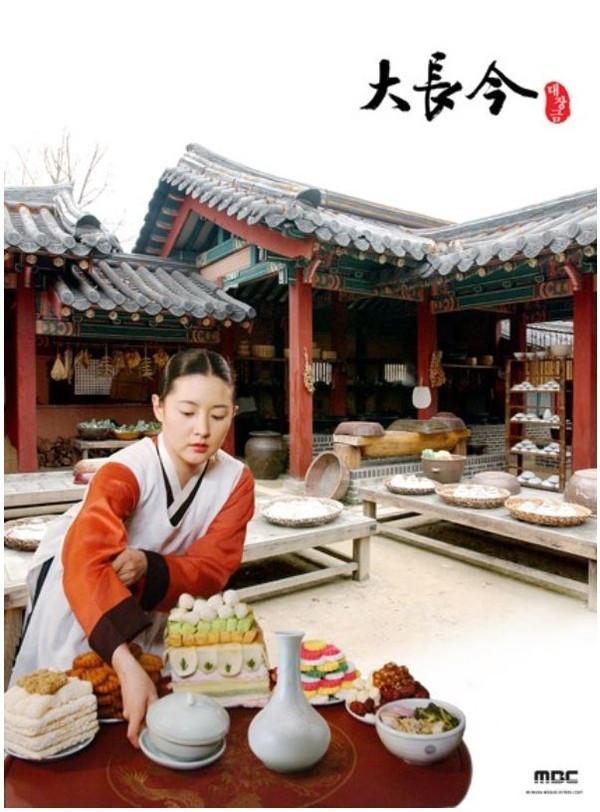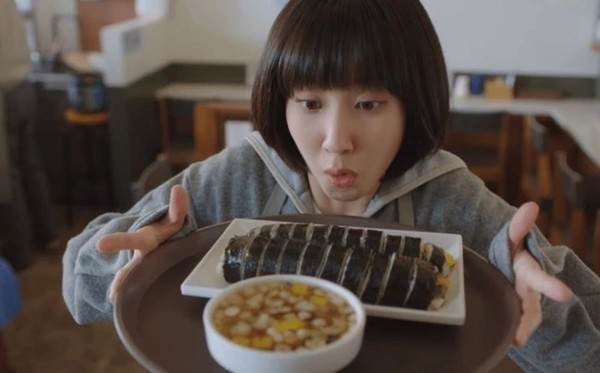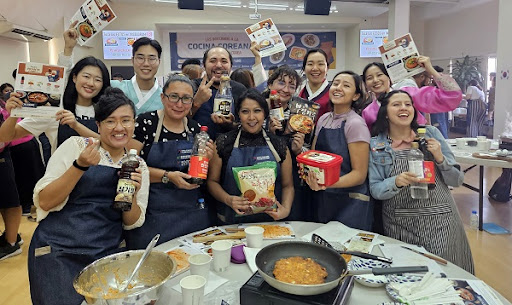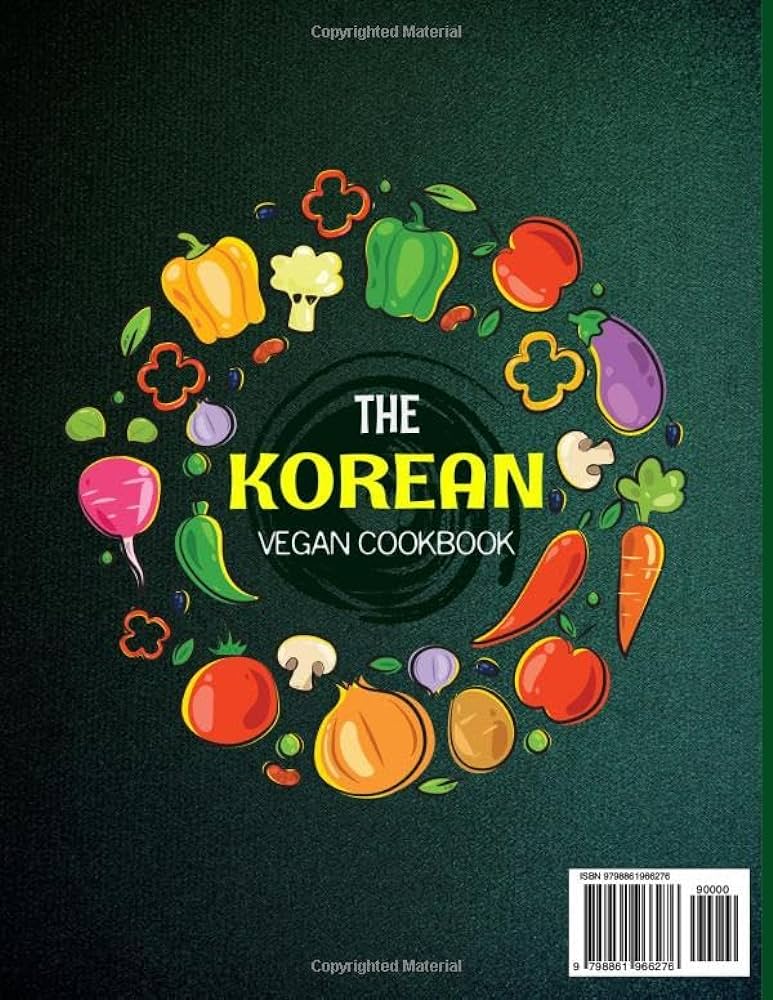
Exploring Korean Food through Music and Drama: A Dive into K-Pop and Drama-Inspired Cuisine
Today, I’d like to talk about another charm of Korea: food featured in music and dramas. K-Pop and dramas are among the elements that represent Korean culture, and they often showcase delicious-looking Korean dishes. Let’s explore these together and learn about the diverse food culture of Korea.

The Charm of Food Culture in K-Pop and Korean Dramas
Korea is famous for K-Pop and dramas, which also serve to introduce Korean food culture to the world. The foods frequently featured in K-Pop idols’ music videos and dramas attract many people. In this article, we will explore these foods and uncover their charm.
Korean Food in Music Videos: Hidden Stories in MVs
K-Pop artists’ music videos not only showcase their music but also introduce Korean culture and food. For instance, some music videos feature traditional Korean meals, while others display modern Korean dishes. These music videos contain hidden stories that increase viewers’ interest and understanding of Korean food.

The Role and Significance of Food Linked to Dramas
In Korean dramas, food plays an important role. Scenes where characters share meals and conversations are a significant part of Korean culture. The foods featured in these dining scenes reflect the characters’ emotions, relationships, and situations. For example, sharing dakgalbi (spicy stir-fried chicken) can symbolize a close relationship, and instant noodles might appear in scenes dealing with stress relief.
Favorite Korean Foods of K-Pop Idols
K-Pop idols use various methods to communicate with their fans, including sharing their favorite Korean foods. Some of the foods loved by prominent K-Pop idols include tteokbokki, kimchi jjigae, and bulgogi. These frequently mentioned foods have a significant impact on fans, with many trying them out themselves.

Exploring Restaurants and Cafes Featured in Dramas
Restaurants and cafes play crucial roles as settings in Korean dramas. The unfolding of characters’ stories and encounters often takes place in these venues. Some of these drama scenes are filmed in actual restaurants and cafes, allowing fans to visit and experience the same ambiance as their idols.
The Contribution of Dramas and K-Pop to the Globalization of Korean Food
Korean food has been gaining popularity worldwide, significantly influenced by the globalization of Korean dramas and K-Pop. Korean dishes featured in dramas or introduced by K-Pop artists during their world tours spark interest in Korean cuisine among many people. Through this, Korean food is becoming globalized, showcasing its global appeal and style.

Recipes that Viewers and Fans Want to Recreate
Dramas and K-Pop provide great inspiration to viewers and fans, including food recipes. Tasty dishes from dramas or foods frequently introduced by idols are shared across internet communities and blogs, becoming popular. This allows viewers and fans to experience the same flavors and atmosphere.
Food-Related Slang and Expressions in K-Culture
Korean food culture is accompanied by various slang and expressions. For instance, “drug gimbap” refers to incredibly delicious gimbap, and “ttukbaegi” signifies a hot stew served in a clay pot. These slangs and expressions are commonly used in K-Culture, enhancing understanding and interest in Korean food.

Fan Art and Social Media Content Related to Korean Food
Fans express their love for K-Pop idols or dramas in various ways, including creating fan art or social media content related to Korean food. Fans recreate foods featured in dramas or by idols through drawings or photos, sharing these with other fans for communication.
The Future Outlook of Korean Food as Seen through K-Pop and Dramas
K-Pop and dramas play a significant role in the globalization of Korean food. It is expected that Korean cuisine will continue to be known and preferred by more people through K-Pop and dramas. Additionally, the diversity and creativity of Korean food will keep evolving, introducing new dishes to the world.

Thus, through K-Pop and dramas, Korean food is becoming known and loved by many people. These mediums are increasing interest and understanding of Korean food, significantly contributing to its globalization. Korean cuisine will continue to be introduced to the world in more diverse and attractive ways through K-Pop and dramas.



